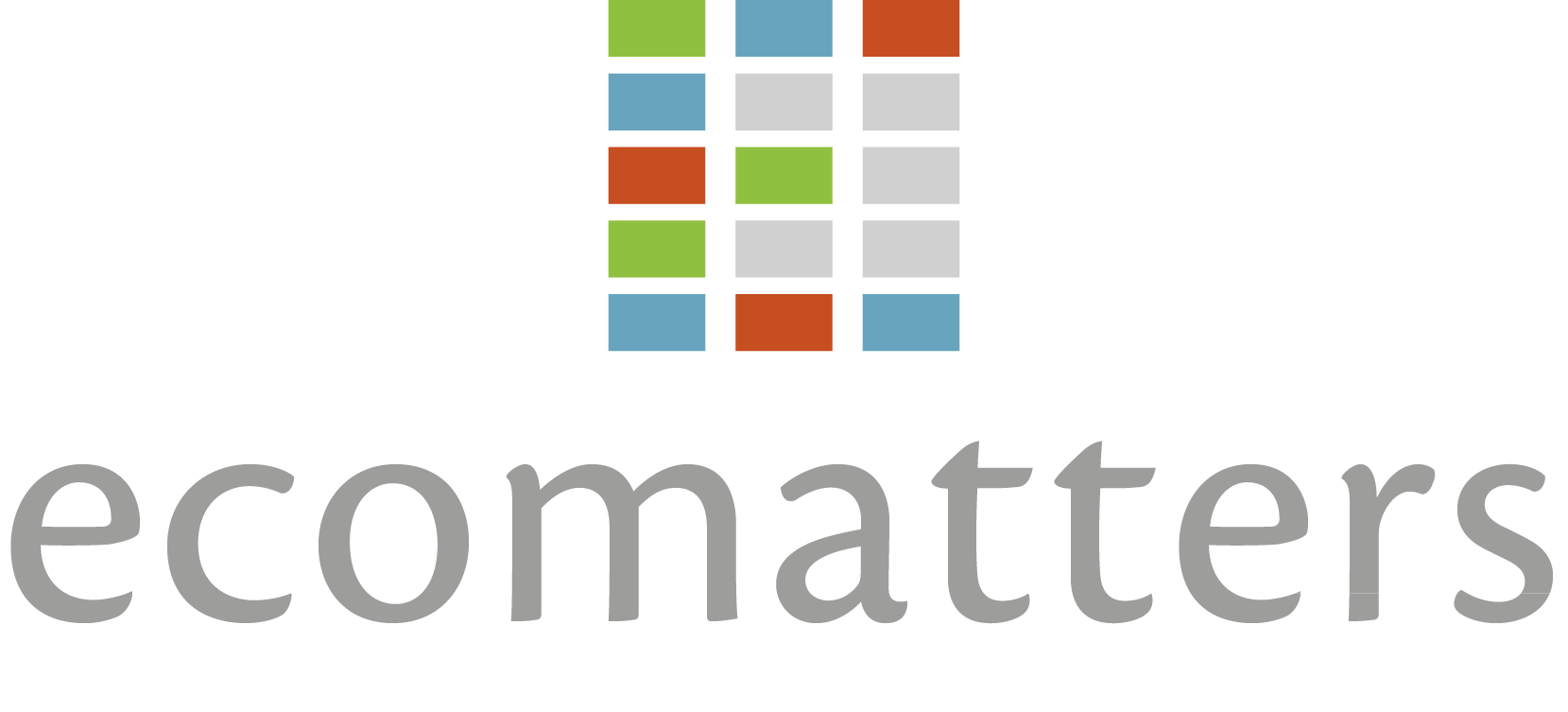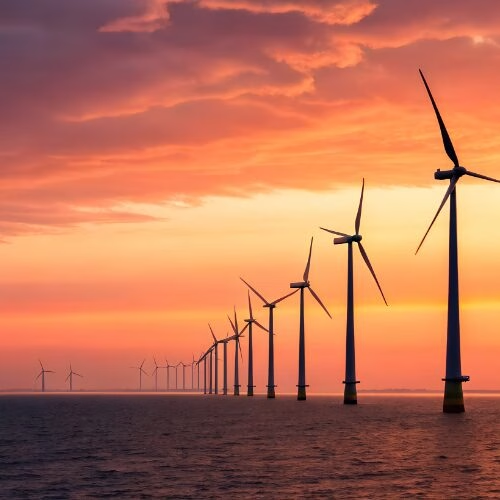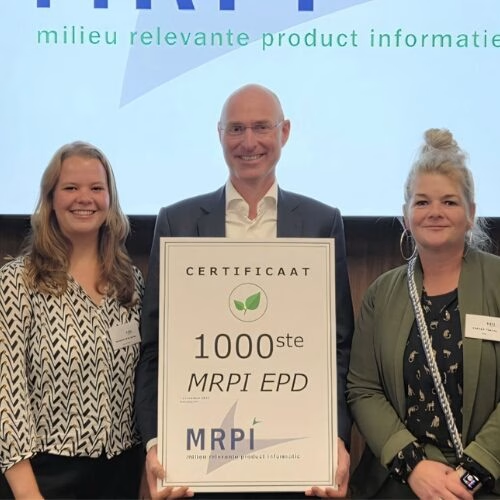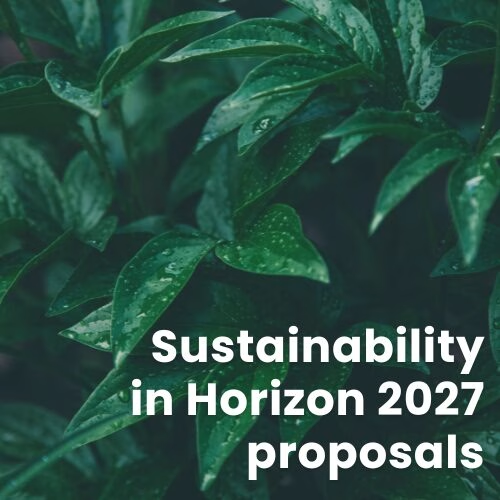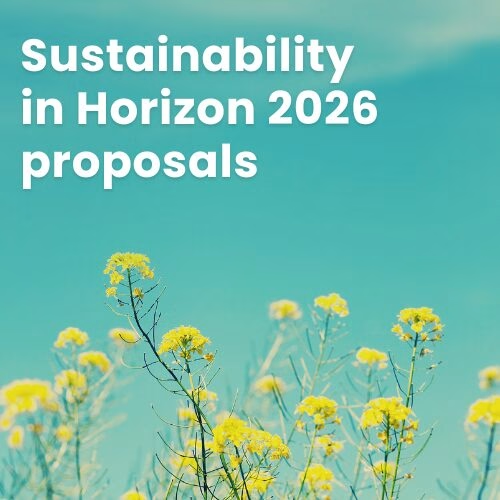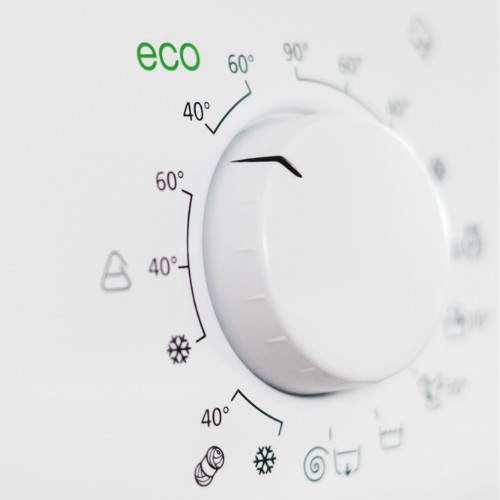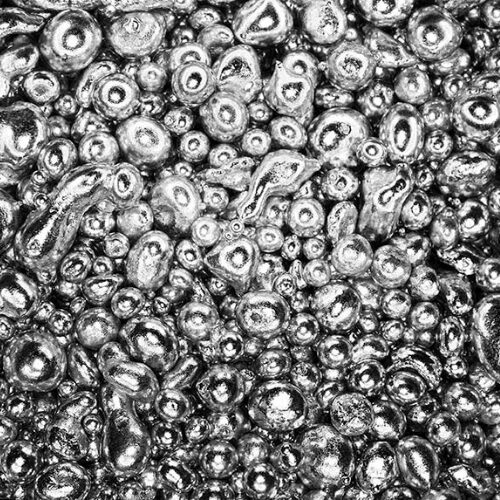Energy Efficiency Directive
At Ecomatters, we regularly get questions regarding Article 8 of the EU Energy Efficiency Directive (EED) and the mandatory energy audit it requires for some enterprises. In this news article, we shortly explain whether this obligation applies to your company and if so, what you have to do.
The Energy Efficiency Directive is an EU directive published on 14 November 2012. This directive requires all Member States to set energy efficiency targets to make sure that the EU as a whole reaches its target of saving 20 % of energy consumption by 2020 compared to business-as-usual scenarios.
Mandatory Energy audit
The EED has been adopted into national legislation of individual member states. The directive includes Article 8, which requires large enterprises to perform an energy audit every four years.
If your company has more the 250 employers, or an annual turnover exceeding EUR 50 million and an annual balance sheet exceeding EUR 43 million, your company must carry out an energy audit at least every 4 years.
The purpose of the energy audit is to increase insight into your company’s energy use and to map the potential saving measures. The result of the energy audit is a list of cost-effective measures to decrease energy use. Based on the energy audit, your company can prepare an action plan to save energy. This plan of action can then be reviewed by the municipality or the regional environmental service.
The audit report must contain the following components:
- A schematic overview of all existing energy consumers (including transport)
- A description of the most important factors that influence energy consumption
- A numerical overview of the company’s energy-saving potential for the next 4 years
- A description of possible cost-effective energy-saving measures
For some larger companies, the audit obligation does not apply, because they already conduct an audit as part of another program. Such as for companies participating in the covenant “Meerjarenafspraken energie-efficiëntie 2001-2020” or MJA3/MEE (Long-Term Agreement on Energy Efficiency 2001-2020). Additionally, companies with an internationally recognized energy or environmental management system also do not have to carry out this energy audit.
EED in relation to national legislation
It is important to be aware that in addition to the EED, other (national) legislation regarding mandatory energy-saving can apply. For example, when an enterprise at entity level (including individual franchises or subsidiary premises) uses >50.000 kWh electricity or > 25,000 m3 natural gas (equivalents), the enterprise is also regulated by Article 2.15 of the Activities decision (such as in the Netherlands: Wet milieubeheer, Activiteitenbesluit). When a company is regulated by Article 2.15 of the Activities decision, the enterprise can carry out measures from the approved measures list for its (sub)sector (i.e. approved measures approach). In the EED, energy-audit report enterprises must then include the following:
- A schematic overview of all existing energy consumers (including transport)
- An overview of all relevant approved measures (where the relevance should be determined on the basis of the reference situation, and the technical and economic conditions that are mentioned in the approved measures list).
- An overview of possible cost-effective energy-saving measures in the field of transport management.
Performing a companywide energy audit is not only done to be in compliance with current regulations. When an energy audit is performed, your company is in possession of an updated and detailed overview of current energy consumption in your company. This can be very informative for making investment and risk management decisions. In addition, when implemented, the identified measures to reduce energy consumption usually result in significant savings on energy use. Therefore, it can be very financially advantageous for a business to closely examine its energy consumption and resulting potential energy efficiency improvements, regardless if international or national regulations apply.
If you want to know more about energy legislation, read more about it on our services page.
